This article needs additional citations for verification .(December 2009) |
The Hogarth Living Poets were two series of books published by Hogarth Press, under the editorship of Dorothy Wellesley. The editions were limited, and the books are now rare.
This article needs additional citations for verification .(December 2009) |
The Hogarth Living Poets were two series of books published by Hogarth Press, under the editorship of Dorothy Wellesley. The editions were limited, and the books are now rare.
24 books.
Five books.

Cecil Day-Lewis, often written as C. Day-Lewis, was an Anglo-Irish poet and Poet Laureate of the United Kingdom from 1968 until his death in 1972. He also wrote mystery stories under the pseudonym of Nicholas Blake, most of which feature the fictional detective Nigel Strangeways.

The Hogarth Press is a book publishing imprint of Penguin Random House that was founded as an independent company in 1917 by British authors Leonard Woolf and Virginia Woolf. It was named after their house in Richmond, in which they began hand-printing books as a hobby during the interwar period.
Dorothy Violet Wellesley, Duchess of Wellington, styled Lady Gerald Wellesley between 1914 and 1943, was an English author, poet, literary editor and socialite.

Rudolf John Frederick Lehmann was an English publisher, poet and man of letters. He founded the periodicals New Writing and The London Magazine, and the publishing house of John Lehmann Limited.
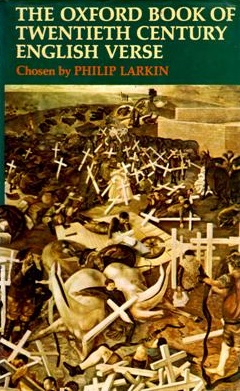
The Oxford Book of Twentieth Century English Verse is a poetry anthology edited by Philip Larkin. It was published in 1973 by Oxford University Press with ISBN 0-19-812137-7. Larkin writes in the short preface that the selection is wide rather than deep; and also notes that for the post-1914 period it is more a collection of poems, than of poets. The remit was limited by him to poets with a period of residence in the British Isles. Larkin's generous selection of Thomas Hardy's poems has been noted for its influence on Hardy's later reputation. On the other hand, he was criticized, notably by Donald Davie, for his inclusion of "pop" poets such as Brian Patten. The volume contains works by 207 poets.
Michael Roberts, originally named William Edward Roberts, was an English poet, writer, scientist, mathematician, critic and broadcaster, a polymath who made his living as a teacher.

Terence Rogers Tiller was an English poet and radio producer.
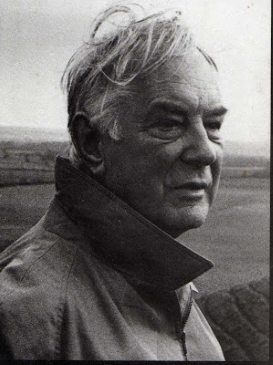
Geoffrey Edward Harvey Grigson was a British poet, writer, editor, critic, exhibition curator, anthologist and naturalist. In the 1930s he was editor of the influential magazine New Verse, and went on to produce 13 collections of his own poetry, as well as compiling numerous anthologies, among many published works on subjects including art, travel and the countryside. Grigson exhibited in the London International Surrealist Exhibition at New Burlington Galleries in 1936, and in 1946 co-founded the Institute of Contemporary Arts. Grigson's autobiography The Crest on the Silver was published in 1950. At various times he was involved in teaching, journalism and broadcasting. Fiercely combative, he made many literary enemies.
Poems of Today was a series of anthologies of poetry, almost all Anglo-Irish, produced by the English Association.
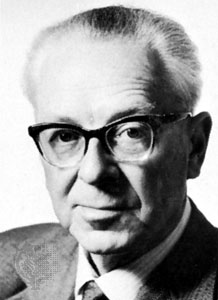
William Charles Franklyn Plomer was a South African and British novelist, poet and literary editor. He also wrote a series of librettos for Benjamin Britten. He wrote some of his poetry under the pseudonym Robert Pagan.
Nationality words link to articles with information on the nation's poetry or literature.
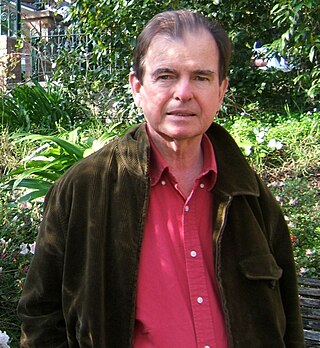
Geoffrey Lehmann is an Australian poet, children's writer, and tax lawyer.

P. J. Kavanagh FRSL was an English poet, lecturer, actor, broadcaster and columnist. His father was the ITMA scriptwriter Ted Kavanagh.
Nationality words link to articles with information on the nation's poetry or literature.
Nationality words link to articles with information on the nation's poetry or literature.
Nationality words link to articles with information on the nation's poetry or literature.
Nationality words link to articles with information on the nation's poetry or literature.
John Clive Hall was an English poet and editor.
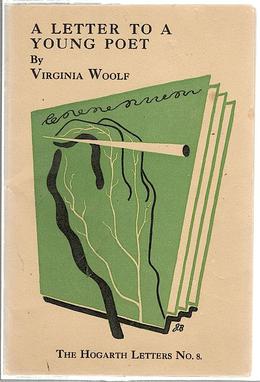
A Letter to a Young Poet was an epistolary novel by Virginia Woolf, written in 1932 to John Lehman, laying out her views on modern poetry.
Joan Adeney Easdale was an English poet from Sevenoaks, Kent. Her mother was the author Gladys Ellen Easdale, née Adeney (1875-1970). Her father, Robert Carse Easdale, left her mother during the First World War. Virginia Woolf discerned some "real merit" in her early work.